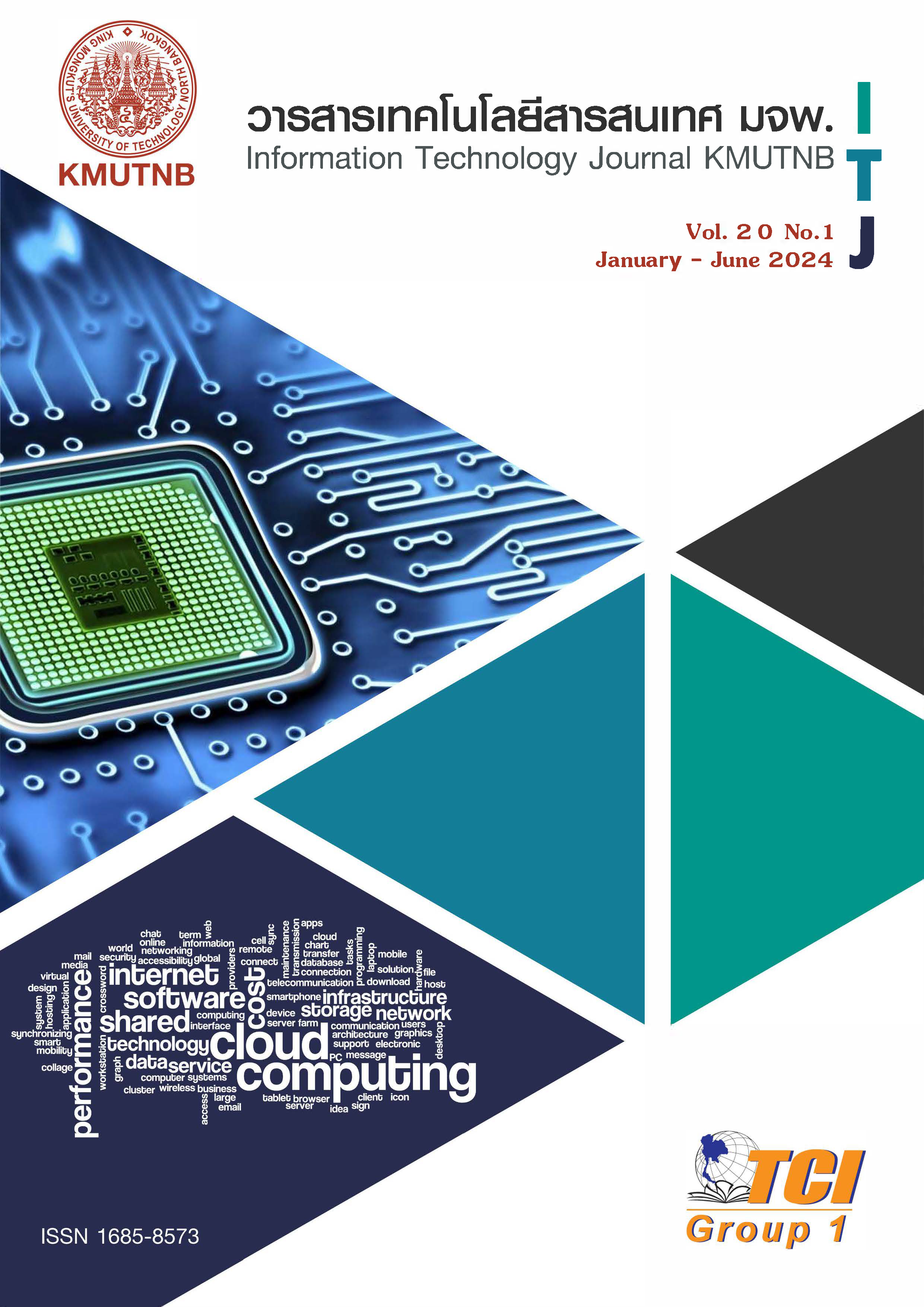Effects of Educational Digital Games with Phenomenon-Based Learning to Enhance Critical Thinking Skills of 4th Grade Students
Main Article Content
Abstract
The purpose of this research were 1) to compare the critical thinking skills of students before and after engagement with an education digital game based on the phenomenon and 2) to study the fourth-grade student’s satisfactions towards education digital game. The study was conducted with a sample of fourth-grade students from two classrooms, each with 30 students, categorized by academic performances high, medium, and low. The research instruments included 1) a lesson plan for critical thinking skills based on the phenomenon, 2) the education digital game, 3) a critical thinking skills assessment, and 4) a satisfaction questionnaire. The data were analyzed by calculating means (M), standard deviations (SD), and t-test. Results indicated that 1) the average critical thinking skill scores of students who learned through education digital game were significantly higher than those who did not learn through education digital game at a significant level of .05, 2) the average critical thinking skill scores of students post-test through digital educational games were significantly higher than pre-test at a significant level of .05, and 3) The students satisfaction toward education digital game was at high level
Article Details
References
S. Inthanon. DQ Digital Intelligence. 4th ed. Walk on Cloud Co., Ltd, 2010.
C. Sansombut. "Teaching critical thinking skills for living in the 21stcentury." Nakhon Lampang Buddhist College’s Journal, Vol. 5, No. 2, 2016.
O. Pibool, and K. Suthasinobol. "Phenomenon based learning for the development of transversal competencies: a case study from finland." Journal of Liberal Art of Rajamangala University of Technology Suvarnabhumi, Vol. 3, No. 3, pp. 414-428, 2021.
N. Phiwma. "Learning Management using Game-Based Learning by Integrating Computer Game Technology." Journal of Humanities and Social Sciences, Rajapruk University, Vol. 15, pp. 1-15, 2020.
C. Suksan. Effects of Education Digital Game as based on Robert Gagne’s Upon Reading Comprehension Ability of Frist Grade Students, A Thesis Submitted in Partial Fulfillment of the Requirements for Master of Education (curriculum and instruction) Department of Curriculum and Instruction Graduate School, Silpakorn University, 2021.
V. Symeonidis and J. F. Schwarz. "Phenomenon-Based Teaching and Learning through the Pedagogical Lenses of Phenomenology: The Recent Curriculum Reform in Finland." Forum Oświatowe, Vol. 28, No. 2, pp. 31-47, 2016.
O. Butkatunyoo. "Phenomenon based Learning for Developing a Learner’s Holistic Views and Engaging in the Real World." Journal of Education Studies, Vol. 46, No. 2, pp. 348-365, 2018.
M. Prensky. "Digital Game-based Learning." ACM Computers in Entertainment, Vol. 1, No. 1, October, 2003.
S. Sawasdeepon. Basic Computer game programming. Wang aksorn co., ltd, Bangkok, 2017.
K. Charoenwong-sak. Critical thinking. Success Media Co.,Ltd, Bangkok, 2012.
H. Pengsantia, M. Tulmethakaan, and I. Suwathanpornkul. "Effect of Learning Management by Using Phenomenon-based Learning on Critical Thinking and Creative Thinking of Grade 12 Students." Silpakorn Educational Research Journal, Vol. 13, No. 2, pp. 240-257, 2020.
P. Rodkroh. "Effects of Educational Digital Game to Enhance Digital Intelligence Knowledge for Elementary Students." Silpakorn Educational Research Journal, Vol. 13, No. 1, pp. 440-457, 2021.
W. Chantrawong. Effects of inquiry learning integrated with the dapic problem-solving process on the critical thinking ability of grade 10 students, A Thesis Submitted in Partial Fulfillment of the Requirements for the Degree of master of education (Science Education) Faculty of Science, Srinakharinwirot University, 2019.
O. Pattanaphon. A construction of critical thinking test for the third level students in secondary school, nakhonsawan educational service area office 1, Presented in Partial Fulfillment of the Requirements for the Master of Education degree in Educational Measurement at Srinakharinwirot University, 2008.


